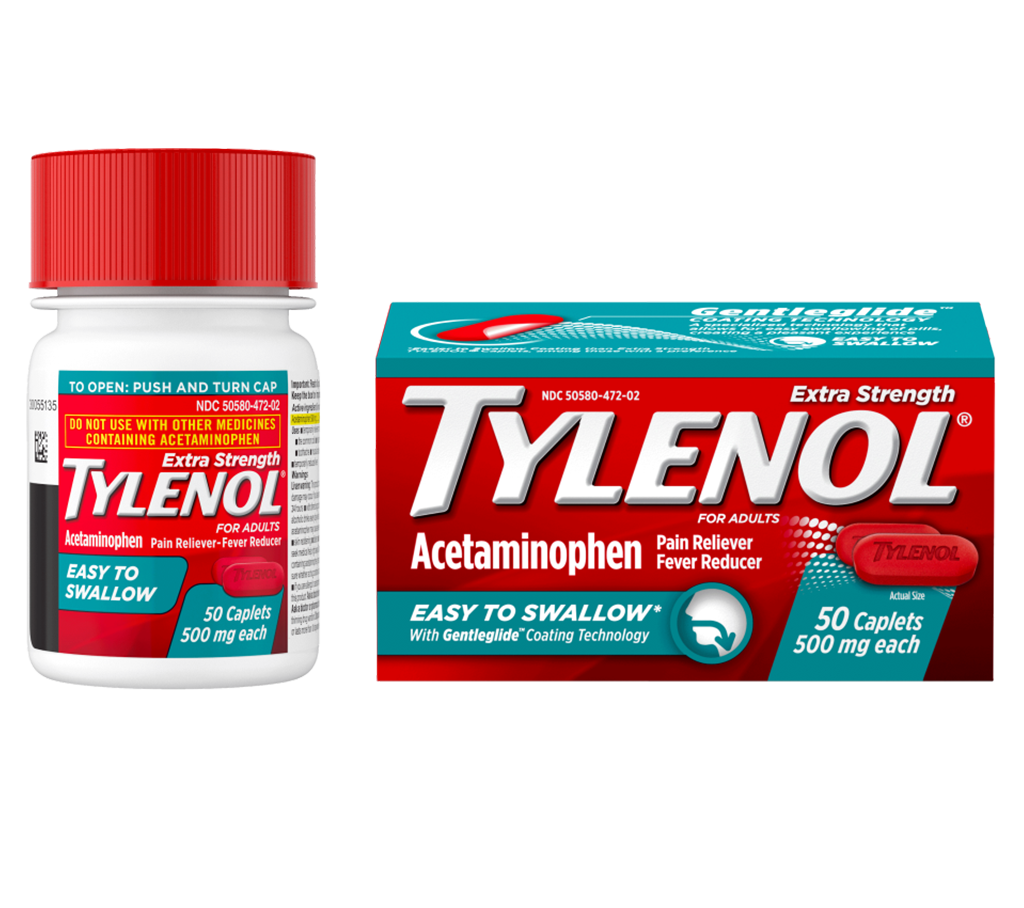What are the symptoms of toxic hepatitis?
Toxic hepatitis, or drug-induced liver injury, manifests with a range of symptoms that can vary based on the severity and cause of the liver damage. Common symptoms include:
- Jaundice: Yellowing of the skin and eyes.
- Abdominal Pain: Pain or discomfort in the upper right side of the abdomen.
- Fatigue: Persistent tiredness or weakness.
- Nausea and Vomiting: Feeling sick and potentially throwing up.
- Dark Urine: Urine that appears darker than usual.
- Pale Stool: Stools that are lighter in color, sometimes clay-colored.
- Loss of Appetite: Decreased desire to eat.
- Fever: Elevated body temperature, sometimes associated with systemic reactions.
- Itching: Generalized itching of the skin.
- Enlarged Liver: Hepatomegaly, or an enlarged liver, which may be detectable during a physical examination.
- Elevated Liver Enzymes: Found through blood tests showing higher levels of enzymes like AST (aspartate aminotransferase) and ALT (alanine aminotransferase).
Symptoms may develop after taking a new medication or exposure to a toxic substance, and the onset can be acute or gradual. Prompt medical evaluation is important if these symptoms are noticed, particularly if there has been recent exposure to potential hepatotoxic agents.
What are the causes of toxic hepatitis?
Toxic hepatitis, or drug-induced liver injury, is caused by exposure to substances that damage the liver. The main causes include:
- Medications: Many prescription and over-the-counter drugs can lead to liver damage. Common culprits include acetaminophen (especially in high doses), antibiotics, anti-seizure medications, and statins.
- Herbal Supplements: Some herbal remedies and dietary supplements, such as those containing kava, ephedra, and certain Chinese herbs, can be hepatotoxic.
- Industrial Chemicals: Exposure to certain chemicals, such as carbon tetrachloride or vinyl chloride, used in various industries can cause liver damage.
- Alcohol: Chronic excessive alcohol consumption is a well-known cause of liver injury, leading to alcoholic hepatitis.
- Environmental Toxins: Exposure to toxins in the environment, including heavy metals or pesticides, can adversely affect liver function.
- Drugs of Abuse: Use of recreational drugs, such as methamphetamine or cocaine, can also result in liver damage.
The risk of toxic hepatitis is influenced by factors such as the dose and duration of exposure, the individual’s overall health, and genetic predisposition.
What is the treatment for toxic hepatitis?
The treatment for toxic hepatitis primarily focuses on addressing the underlying cause of liver damage and supporting liver function. The main approaches include:
- Discontinuation of the Causative Agent: The first and most crucial step is to stop using the drug, supplement, or substance responsible for the liver damage.
- Supportive Care: This involves managing symptoms and complications, such as nausea, vomiting, and abdominal pain. Rest and preventing dehydration are important for recovery.
- Medications: In some cases, specific treatments may be used. For example, N-acetylcysteine (NAC) is administered for acetaminophen overdose to mitigate liver damage. Corticosteroids may be used in cases of severe inflammation.
- Monitoring: Regular liver function tests are conducted to monitor liver recovery and detect any worsening of the condition.
- Avoidance of Liver Toxins: Patients are advised to avoid alcohol and other potential liver toxins to prevent further damage.
- Nutritional Support: A balanced diet with appropriate nutrients supports liver healing and overall health.
- Management of Complications: Addressing any complications arising from liver damage, such as liver failure or jaundice, is critical. In severe cases, hospitalization may be necessary.
In cases of severe liver damage or acute liver failure, more advanced treatments such as liver transplantation may be considered.

Leave a Reply
You must be logged in to post a comment.